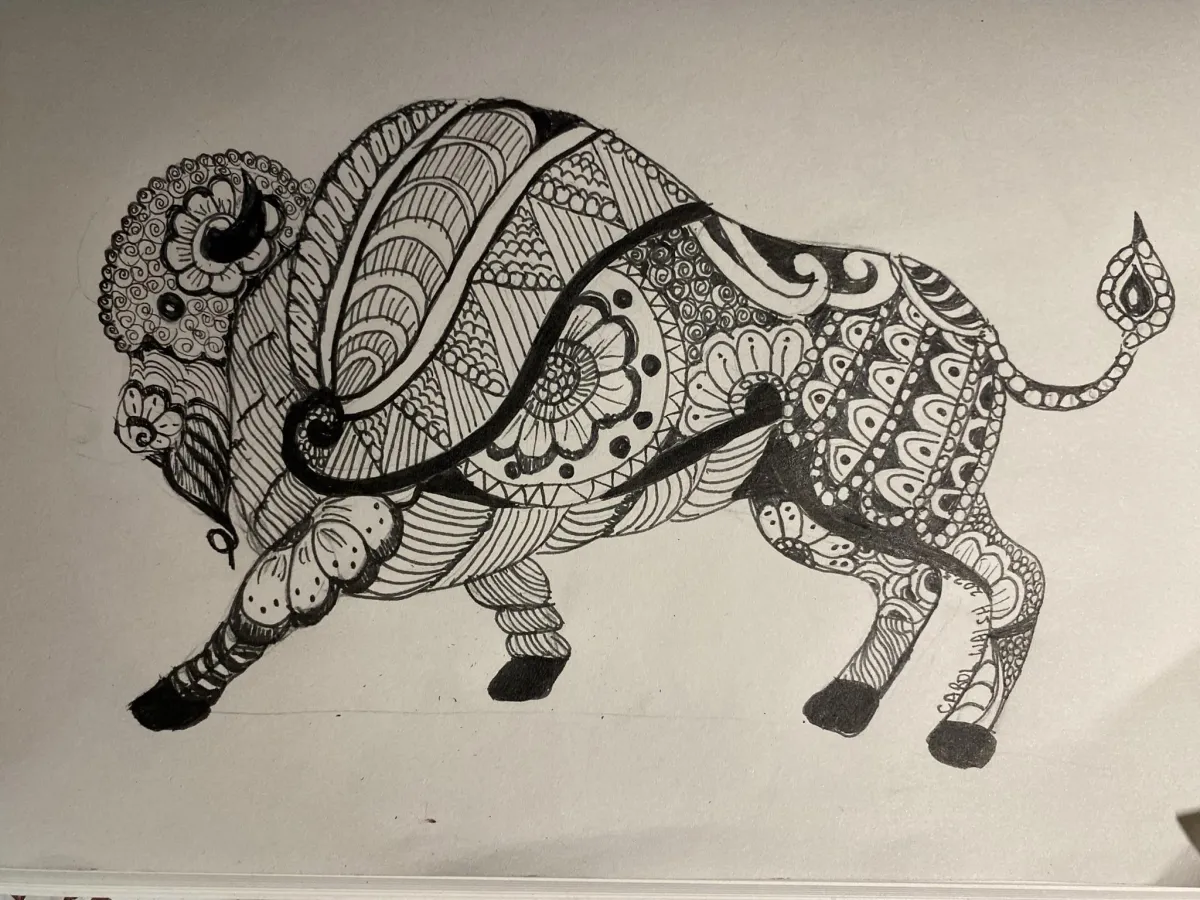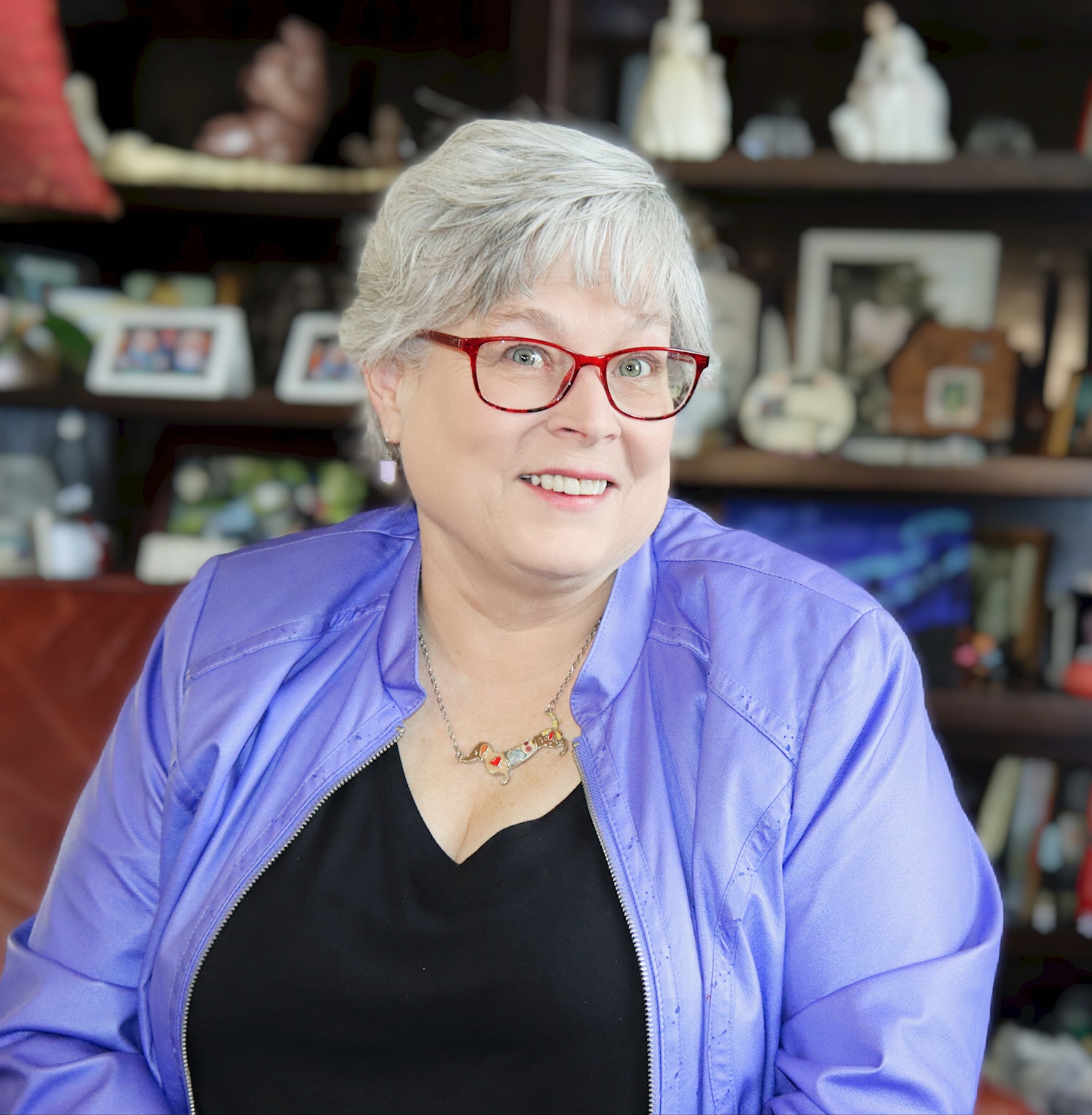
Indigenous Ancestors and Records: Honouring Stories During National Indigenous History Month
Indigenous Ancestors and Records: Honouring Stories During National Indigenous History Month
June is National Indigenous History Month in Canada, a time to recognize, celebrate, and honour the deep histories, cultural traditions, and lasting contributions of First Nations, Inuit, and Métis peoples. For genealogists, this month also offers a unique moment of reflection and responsibility—to explore, understand, and honour Indigenous ancestry with sensitivity, respect, and humility. Genealogy is never just about names and dates; it’s about people and their lived experiences. When those people are Indigenous, tracing lineage becomes not only a personal journey but also a call to honour their stories and support reconciliation.
The Importance of Oral Histories
Unlike many Western genealogical approaches that emphasize written documents and archived records, Indigenous genealogy begins with oral traditions. Storytelling has always been at the heart of Indigenous cultures. These oral histories pass down generations of knowledge—kinship ties, clan affiliations, migration routes, spiritual beliefs, and historical events.
When researching Indigenous ancestry, it’s vital to begin by listening. Conversations with family elders or community knowledge keepers can reveal names, relationships, birthplaces, and events never recorded on paper. A family story passed down from your grandmother might explain how a great-great-grandfather was adopted into a particular nation, or how a great-aunt participated in ceremonies or lived on a particular reserve. These narratives are sacred and should be approached with gratitude and reverence.
One Métis researcher once shared with me how she was guided by her uncle’s stories of their grandfather, a fiddler and trapper, who traveled with Hudson’s Bay Company routes. That detail wasn’t written in any formal record, but oral accounts eventually led her to company employment logs and fur trade journals that confirmed his movements.
Government and Colonial Records
While oral traditions provide the heartbeat of Indigenous genealogy, government and colonial records offer some structure—albeit often flawed and biased. Records involving Indigenous peoples were typically created by non-Indigenous institutions for purposes of control, assimilation, or administration. As a result, these documents must be read with a critical eye and a heavy heart.
Some of the most useful records for genealogical research include:
Treaty annuity pay lists
Band membership lists
Indian Status records
Indian Affairs correspondence
1911, 1906, and 1901 Canadian census records, where Indigenous status or ethnicity was sometimes noted
For Métis ancestry, the Northwest Half-Breed Scrip applications are particularly valuable. These applications required Métis individuals to prove their Indigenous identity and residence in order to receive land or financial compensation. While problematic in their intent, they now provide genealogists with detailed family information, including names, birthdates, communities, and familial relationships.
Residential School Records: Pain and Truth
Genealogists exploring Indigenous roots cannot avoid the devastating history of residential schools. These institutions, aimed at assimilating Indigenous children into Euro-Canadian culture, left a legacy of trauma. But they also left behind records—admission logs, student lists, photographs, and sometimes even correspondence—that, though painful, may help re-establish lost family ties.
The National Centre for Truth and Reconciliation has done critical work in preserving and making these records available for descendants and researchers. Accessing them often means confronting very difficult truths—truths that must be honoured, not hidden.
I once helped a friend trace her Cree grandmother’s path through two residential schools. What began as a search for a photograph became an emotional journey through personal testimonies, archived letters, and a class list written in ink. Her grandmother, once a quiet name on a family tree, became a fierce, young girl who had endured immense hardship and survived. That story reshaped how her family understood themselves—and inspired their commitment to advocacy and education.
Building Trust: Community Partnerships
When researching Indigenous genealogy, partnerships with Indigenous communities are not optional—they are essential. Elders, cultural centres, and community historians offer insight that cannot be found in any archive. These relationships must be built on respect, consent, and reciprocity. That means being transparent about your research goals, seeking permission before sharing stories, and being prepared to listen more than you speak.
Many Indigenous genealogical researchers emphasize that being connected to an Indigenous ancestor does not make one Indigenous—identity is not simply inherited, it is lived, practiced, and recognized by the community. Understanding this distinction is crucial when tracing ancestry and sharing your findings.
Genealogical organizations, including the Métis Nation of Ontario, the Gabriel Dumont Institute in Saskatchewan, and the Union of Ontario Indians, offer guidance for those seeking to confirm ancestral ties while also educating on cultural protocols and expectations.
Archival and Online Resources
In recent years, digitization has improved access to key records, although many are still held in physical archives. Among the most helpful resources are:
Library and Archives Canada (LAC) – Treaty documents, scrip records, and Indian Affairs records
National Centre for Truth and Reconciliation – Residential school student records and testimonies
Métis Nation Registry Archives – Family histories, genealogical resources
Provincial Archives (e.g., Saskatchewan Archives, Archives of Manitoba) – Local treaty and scrip documents
The Hudson’s Bay Company Archives – Employment records, fur trade journals, and correspondence
Many church records (particularly Catholic or Anglican) in remote regions include baptism, marriage, and burial information for Indigenous individuals. These often appear in mission registers and may be written in Latin, French, or English, sometimes alongside Indigenous place names.
A Personal Note: Remembering a Shared Past
In my own research, I learned that family stories sometimes include whispers of Indigenous heritage—tales half-told, names remembered only in part. One of those whispers led me to a tiny community in Northern Ontario, where a great-uncle once married a woman whose roots were in the Mississauga Nation. Her name was Annie, and though little was written about her, I found a newspaper clipping from a church fundraiser where she had donated beadwork. That clipping, now yellowed with age, is tucked into my research binder—a reminder that genealogy isn’t just about finding facts. It’s about honouring lives.
Honouring, Not Appropriating
Genealogy is powerful, but it must be used responsibly. Tracing Indigenous ancestry does not give one the right to claim Indigenous identity. Many Indigenous nations have their own criteria for community membership, often based on kinship, history, and lived connection. If your research reveals Indigenous ancestry, consider what actions best support truth, reconciliation, and respect.
Honouring your ancestors means protecting their stories, recognizing the injustices they faced, and supporting their descendants in meaningful ways—whether through education, activism, or simply listening.
Genealogy as a Path to Reconciliation
For many, genealogy is a personal passion. But when it intersects with Indigenous ancestry, it becomes something more—a chance to support national healing. Every record we consult, every story we preserve, and every life we acknowledge contributes to truth. And with truth comes the possibility of reconciliation.
This National Indigenous History Month, may your genealogical work not only bring you closer to your roots but also help build bridges between past and present, between understanding and respect.


